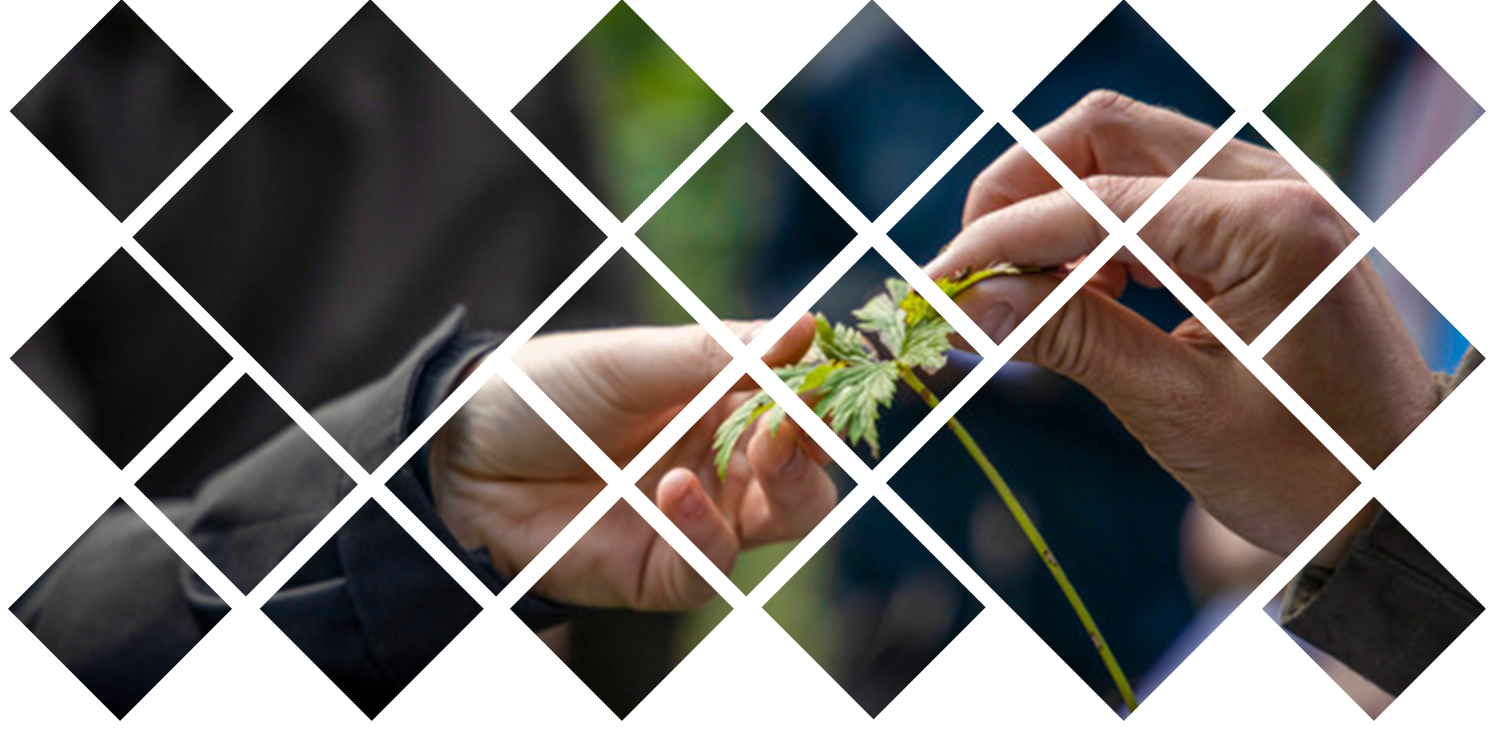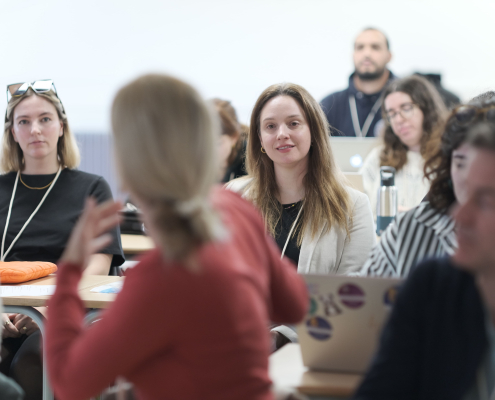European Green Deal
The INGENIUM Alliance is fully committed to the European Green Deal, (EGD) and will actively contribute to it in different ways. The European Green Deal overarching aim is to making the European Union climate neutral by 2050.
Work Package 7 is working in three main ways with the EGD:
Developing the INGENIUM Sustainable development goals and European Green Deal Agenda within the Alliance to find a broad commitment to sustainability.
The Sustainability Committee in WP7 will propose an INGENIUM SDG – European Green Deal and Global partnership Agenda with focus on sustainable development in education, research and innovation, on campus and towards our global partnerships. The Agenda will detail the Alliance commitments to environmental sustainability, and will set the action plan.
Giving priority to courses, programmes and research projects connected with Green Deal Issues
The Alliance will consider sustainability, decarbonisation, resource efficiency and other environmental related challenges in all activities: The Alliance will favour new joint study programmes in the INGENIUM European Campus, part of WP4, together with WP7 to consider environmental challenges to prepare highly qualified specialists and researchers to face these challenges. INGENIUM Research calls for our researchers, via WP6, will also address the sustainable development goals and the EGD.
The working group responsible for developing course materials on sustainable development has agreed upon creating short stand-alone modules. Besides, tools for teachers is envisioned to guide the educators who will deliver and disseminate the course and to provide them with additional interactive educational materials. The topics the course will cover have been agreed and includes for example food systems, energy access, health and climate change. When finalised, all modules will be available on the INGENIUM platform.
Both joint Doctorate Programmes or the joint Research Projects, will consider the sustainable development issues and the potential contribution to the EGD.
The working group for sharing good practices has produced a template that will be used to exchange good practices related to sustainability among the partner universities. At least one good practice will be published every third month. Furthermore, a preliminary calendar has been proposed: each month, one partner university will fill in the template with at least one good practice, which ensures a regular exchange of information and continuous flow of best practices. This way, a public repository of good practices will be produced and available for external organisations and universities interested in replicating the practices shared. This exchange of good practices has been done during the kick-off meetings in Skövde, as well as in the plenary meetings of WP7.
Setting up University Partnerships for low-carbon and circular economy.
The Alliance members will cooperate with local industries to support them in the transition to a low-carbon, less resource intensive and circular economy, and the development of new more sustainable products and processes. Multi- and interdisciplinarity are keys for intense cooperation between industry and academia. A network of researchers working with low carbon and circular economy will be set up with the goal to collaborate in research and new innovation that can be utilised by companies and other organisations.

